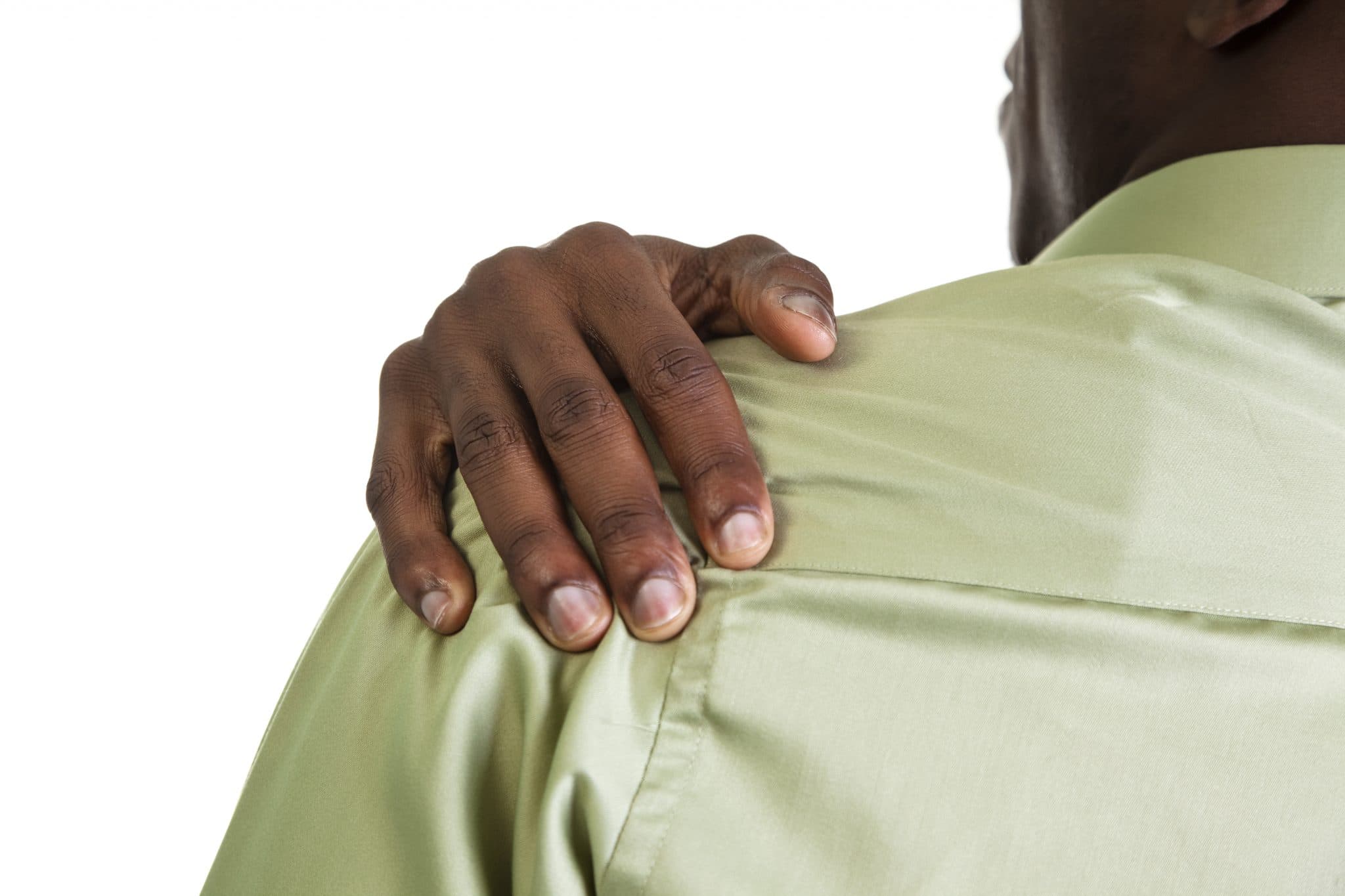
2025-06-10T13:54:10
Understanding Skin Grafts
- Dermatology
- Family Medicine
- Internal Medicine
- Orthopedics
September 7, 2017 | Orthopedics
Specialties:Orthopedics

Though they are two separate and distinctly different injuries, shoulder dislocations and shoulder separations are easily confused. One refers to a bone popping out of a shoulder socket, while the other refers to tearing of ligaments connecting parts of the shoulder. Here are the basic differences between dislocation and separation, including how to treat and prevent both injuries.
Basics and How They Happen
Here are the basic definitions for a dislocated shoulder and separated shoulder:
Dislocated and separated shoulders share some of their common causes, which include:
Sports like football, hockey, rock climbing, rugby, soccer, skiing and volleyball pose a higher risk of dislocated or separated shoulders.
Symptoms
Symptoms of a dislocated shoulder include:
Symptoms of a separated shoulder include:
To diagnose one of these injuries, your doctor will give you an exam that may include X-rays to rule out broken bones or other injuries.
Treatments and Recovery Time
Treatment for dislocated shoulders needs to be immediate, and a doctor will move the arm bone back into the shoulder socket. The longer you go without this happening, the more swollen and painful the joint will become. Some pain will go away once the arm is back in the socket.
Once the dislocated shoulder is repositioned, conservative treatments for pain and swelling will mirror those that can be used for a separated shoulder. These treatments include:
Recovery time for these injuries varies based on the severity. Separated shoulders can heal over a period of six weeks, while dislocated shoulders can range from three to 12 weeks. This will vary for everyone, as will the rate at which pain and other symptoms dissipate.
Don’t try to rush recovery, and ease back into sports if you play them. Don’t even attempt to return to full previous activity levels until you can move the injured shoulder just as freely as your uninjured one, and until they feel equal in strength. Going back to activity too soon could cause permanent damage.
Orthopedics is rewarding for me because it allows me to help patients with injuries and get them back into action quickly. My classes in anatomy initially sparked my interest in medicine and also led me to choose orthopedics as a specialty. I love meeting people of all ages in my practice—I see kids, athletes, adults and retirees. I enjoy being able to understand people’s unique situations and trying to help them recover.
Prevention
There are a few things you can do to lower your risk of sustaining a dislocated or separated shoulder:
If you fear you’ve had a shoulder dislocation or separation, or are at higher risk for one of these injuries, your doctor can recommend a course of action.
Sources:
“Dislocated Shoulder and Separated Shoulder.” WebMD. http://www.webmd.com/fitness-exercise/dislocated-separated-shoulder#1
“Dislocated shoulder.” The Mayo Clinic. http://www.mayoclinic.org/diseases-conditions/dislocated-shoulder/basics/definition/con-20032590
“Separated shoulder.” The Mayo Clinic. http://www.mayoclinic.org/diseases-conditions/separated-shoulder/home/ovc-20232317
WRITTEN BY:
The Live Better Team

2025-06-10T13:54:10

2024-06-21T14:29:51

2024-02-06T11:40:13

2023-03-30T11:23:12
This information is not intended to replace the advice of a medical professional. You should always consult your doctor before making decisions about your health.